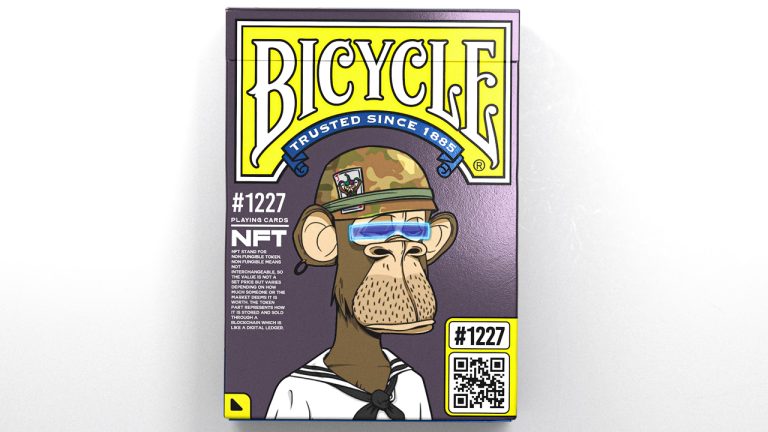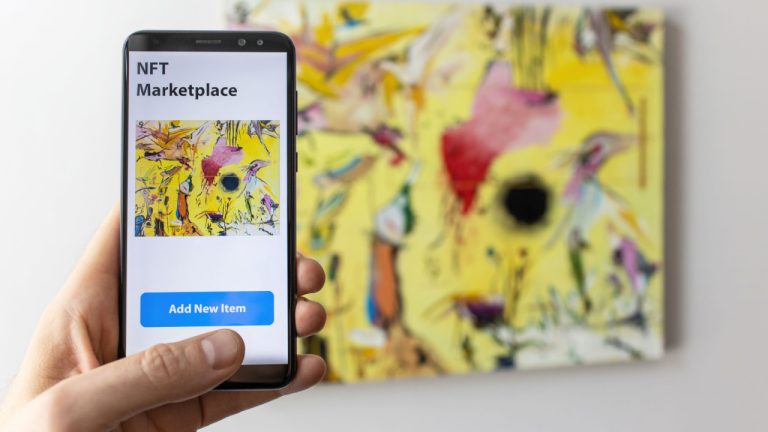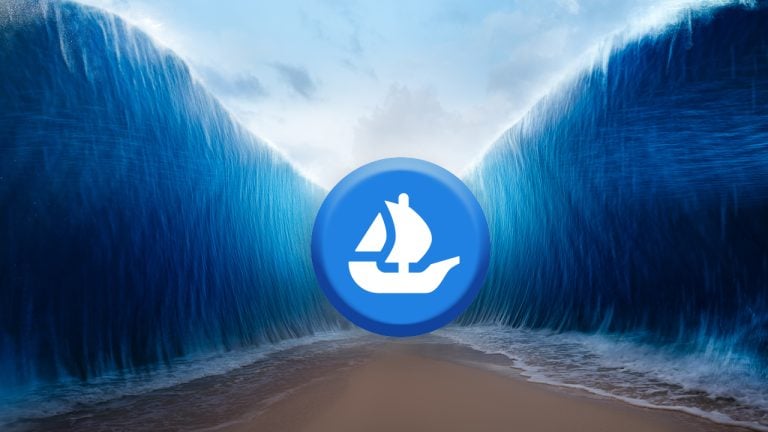
The latest Web3 offering from GameStop sees the official launch of its NFT market, and the Hong Kong government is testing a proof-of-concept NFT at a convention.
The nonfungible token (NFT) marketplace for American video game retailer GameStop has officially gone live on Ethereum (ETH) layer 2 blockchain ImmutableX, all part of the latest Web3 push from the gaming retailer.
The pair first partnered in February to build the marketplace offering a $100 million grant for NFT content creators and tech developers before a public beta of the NFT marketplace debuted in July.
With the Oct. 31 announcement of the full launch, GameStop’s market will allow for popular Web3 games on ImmutableX such as the role-playing game Illuvium and Gods Unchained to be accessed by users.
Gamestop has worked to launch a series of Web3-powered products over the past year with a beta self-custody crypto wallet released in May that integrates with its NFT marketplace.
In March the retailer also launched its first beta NFT marketplace on Loopring, an Ethereum-based layer-2 protocol.
Most recently in September, GameStop announced a partnership with FTX US aimed at bringing more customers to crypto and working together on e-commerce and online marketing initiatives.
Hong Kong’s proof of concept NFTs
The Hong Kong government on Oct. 31 released a policy statement that set out its stance on virtual assets and detailed its related pilot projects, one of which involved NFTs.
Its NFT-based project is a proof of concept to promote the usage of NFTs with the government Financial Services and the Treasury Bureau (FSTB) and foreign investment department InvestHK issuing NFTs at their flagship Hong Kong Fintech Week event.
The NFT serves as proof of attendance for the conference-goers with the statement saying it's a “digital badge and memento using blockchain technology in celebration of their participation”.
The NFT can also be used to create an Augmented Reality (AR) avatar “to experience the Metaverse” while at the event and holders will receive a discount on tickets for the event in 2023.
Although it's not mentioned what blockchain the NFTs are minted on they can be stored in a crypto wallet, or for those who are without a wallet, can be stored as what the statement calls an “NFT-to-be” with a user storing it on an email address until they create a digital wallet.
Hong Kong Fintech Week kicked off on Oct. 31 and sees speakers from a range of Web3 firms including Yat Siu, co-founder of Animoca Brands, Sam Bankman-Fried, co-founder of FTX, and Sebastien Borget, co-founder of The Sandbox metaverse and others.
Art Gobblers makes over $20M hours after launch
NFT project “Art Gobblers” created by Justin Roiland, the co-creator of the popular animated show Rick and Morty, has seen nearly $20.5 million in ETH volumes just seven hours after launch.
The project is a collaboration between Roiland and venture capital firm Paradigm, and describes itself as an “experimental decentralized art factory.”
According to Blur data, the project is seeing strong launch success with 12,906 ETH in volume at the time of writing.
According to a Paradigm overview, the Art Gobblers ecosystem is intended to work by financially incentivizing artists and collectors in a feedback loop for both to contribute to the project, either with better art, or more money.

Artists create a drawing using the websites tool which can then be turned into an NFT provided they have enough native tokens called GOO, these NFTs can then be “eaten” by an Art Gobbler which will store the artwork in its “belly gallery” with the NFT artwork associated to that Gobbler on-chain.
The project also enacts other deflationary measures such as restricting the amount of NFTs that can be minted and mechanisms that automatically adjust prices in coordination with an issuance schedule.
The initial mint saw 2,000 “Gobblers” minted with the community expected to spend GOO tokens to mint a further 8,000 over the next 10 years.
Cardano NFTs hit third place for trading volume
Cardano (ADA) NFTs surged in trading volume over the past month placing the blockchain in third place according to an Oct. 27 report by analytics platform DappRadar.
The report said in the last 30 days Cardano’s NFT volume reached $191 million bringing it to the third-largest NFT protocol behind Ethereum and Solana (SOL).
Related: An introduction to decentralized NFT catalogs
The blockchain’s popular NFT marketplace JPG Store saw a 40% increase in trading volume in the last 30 days also which reached a value of $11.2 million.
DappRadar attributes the surge to the blockchain’s Vasil hard fork upgrade that went live on Sep. 22 which brought with it increased efficiency for its smart contracts allowing decentralized applications to deploy and run at lower costs.
More Nifty News:
American National Basketball League (NBA) athlete Steph Curry filed a trademark application for a so-called “Curryverse” that could see the basketball champion granted exclusive rights for, among other things, “metaversal appearances.”
A Japanese city has adopted a metaverse-based school to try to get students to attend classes with students able to explore a virtual campus and classrooms, although the students must gain permission from their real school principals before attending.









